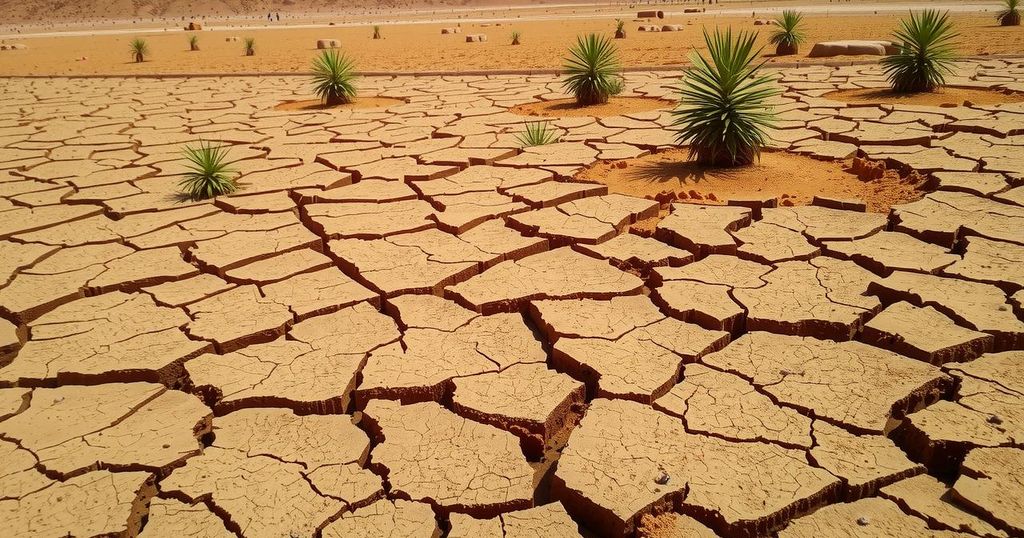Liberia faces a serious hunger crisis, with two in five people malnourished and limited progress since 2016. Three out of five children are stunted, and the government disputes findings while aiming to boost food production. Women and children bear the brunt of this crisis, exacerbated by economic challenges and climate change. Community initiatives are in place to support the needy, but expert recommendations emphasize the need for economic diversification and anti-corruption measures.
Recent reports indicate a worsening hunger crisis in Liberia, with the Global Hunger Index categorizing the nation as experiencing “serious” levels of hunger. This crisis has seen two out of every five people malnourished, primarily affecting women and children due to economic challenges and climate change. The government has refuted these findings while pledging to enhance local food production amid an alarming reliance on food imports, particularly rice, which constitutes a staple in the Liberian diet.
The 2024 Global Hunger Index revealed that three out of five children under the age of five are suffering from stunting, reflecting chronic malnutrition and inadequate healthcare. Child mortality rates and instances of wasting have shown little improvement since 2016, prompting concerns over Liberia’s capacity to meet the United Nations’ Sustainable Development Goal of Zero Hunger by 2030. The report placed Liberia 120th out of 127 countries assessed.
In Monrovia, individuals like Fatu Moore face increasing hardships, struggling to provide for their families through labor-intensive work such as rock crushing. With inflation and decreased customer demand impacting her income, she often considers how her family will eat while only three of her seven children can attend school. Similar stories from other families illustrate the pervasiveness of hunger, coupled with the challenges of accessing basic healthcare and resources due to economic constraints.
Economic analysts such as Dr. Toga Gayewea McIntosh highlight the cyclical nature of hunger and productivity, wherein malnutrition diminishes individual labor capacity, leading to lower economic outputs and greater poverty. As agriculture remains a vital yet undeveloped sector within Liberia, suggestions have arisen for diversification and modernization of farming practices to enable sustainable food production.
Community efforts are emerging in response to the crisis, exemplified by local leaders’ initiatives to provide meals to vulnerable children. One such leader, Ne-Suah Beyan-Livingston, has transformed a small feeding program into a lifeline for over 400 children, highlighting community resilience despite the economic downturn. However, sustaining these programs amidst growing needs remains challenging.
Ultimately, experts urge a multi-faceted approach combining agricultural reform, economic diversification, and robust governance to tackle the deep-seated issues underlying hunger in Liberia. For many women-headed households, immediate strategies for survival are critical, as they continue to navigate through economic and gender-related vulnerabilities, ensuring their children have a chance for a better future amidst ongoing hardships.
The hunger crisis in Liberia is escalating, with alarming statistics indicating high levels of malnutrition, particularly among children. Despite government assurances of increased food production, the reliance on imported food makes the country vulnerable to economic fluctuations. Community initiatives are critical in mitigating these challenges, yet sustained efforts in agricultural reform, economic diversification, and anti-corruption are essential to establish long-term solutions. The current plight of many families underscores the pressing need for comprehensive strategies to combat the ongoing hunger crisis.
Original Source: frontpageafricaonline.com




